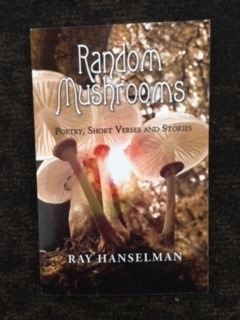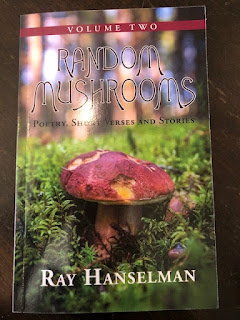Mark wrote how the “scribes and Pharisees” asked Jesus, “Why do the disciples of John and of the Pharisees fast, but your disciples fast not? And Jesus said unto them, Can the children of the bridechamber fast, while the bridegroom is with them? as long as they have the bridegroom with them, they cannot fast. But the days will come, when the bridegroom shall be taken away from them, and then shall they fast in those days”, and in chapter two and verse twenty-one of his book, Mark shares how Jesus said, “no man also sows a piece of new cloth on an old garment” where we read:
No man also sows a piece of new cloth on an old garment:
else the new piece that filled it up takes away from the old, and the rent is made worse.
The verse reads, “No man also sows a piece of new cloth on an old garment:” Mark began with the words, “no man also sows” which means “no person whether male or female even so and indeed stitches or fastens with a needle” “a piece of new cloth on” or “adds a new patch to cover over” “an old garment” which means “a worse for wear and worn by use cloak, mantle, upper garment or tunic”. Mark shared how Jesus employed the example of those who “stitch” patches upon garment, and He made a point of emphasizing they do not use “new” patches on “old” garments.
The verse goes on to say, “else the new piece that filled it up takes away from the old, and the rent is made worse.” Mark added the words, “else the new piece” which means “or the new patch of cloth” “that filled it up” which means “that completed the tear or hole” “takes away from the old” or “lifts up, raises and removes the material from the old garment”, “and the rent is made worse” which means “and the division, hole, dissension and tear is more aggravated and sorer”. Mark shared how Jesus said the “new patch” would tear away from the “old garment” and make the initial hole or tear worse than it was at the beginning.
When we meditate upon Mark's words in this verse, it will help us to know the difference between patching clothing in Jesus' day verses ours. Clothes were not preshrunk or made of cloth that would shrink when washed. A “new patch” would shrink more than the older cloth which would tear the older garment even worse than it was before the patch was sowed in once the garment was washed again. The idea is that “new ideas” are very difficult to apply to “old” patterns, and if they are applied, they often “tear” the original one more than it was in the beginning. Jesus desires for people to be “spiritually pliable” and able to receive the idea of Him coming to “die” for their sins as the Messiah. Those who are like the “scribes and Pharisees” often stick to their “religious practices” and forfeit a relationship with Jesus who is the only One who is able to “save” them from their sins.
Next time Mark shares how Jesus and His disciples, “went through the corn fields on the sabbath day”, so read ahead, and we shall join together then.
Until
tomorrow…there is more…
Look for the daily devotional book
“Equipped for Battle – From Generation to Generation”, the
marriage book “So, You Want to Be Married”, “One Year in the
Sermon on the Mount” and the new poetry book "Random Mushrooms
Volumes I and II" and the new novel "Elizabeth County"
in all major bookstore sites, http://www.amazon.com
; http://www.barnesandnobles.com
; download to e-books, and find it locally at
www.mrzlc.com/bookstore.
All references are from "Strongs Concordance".



































